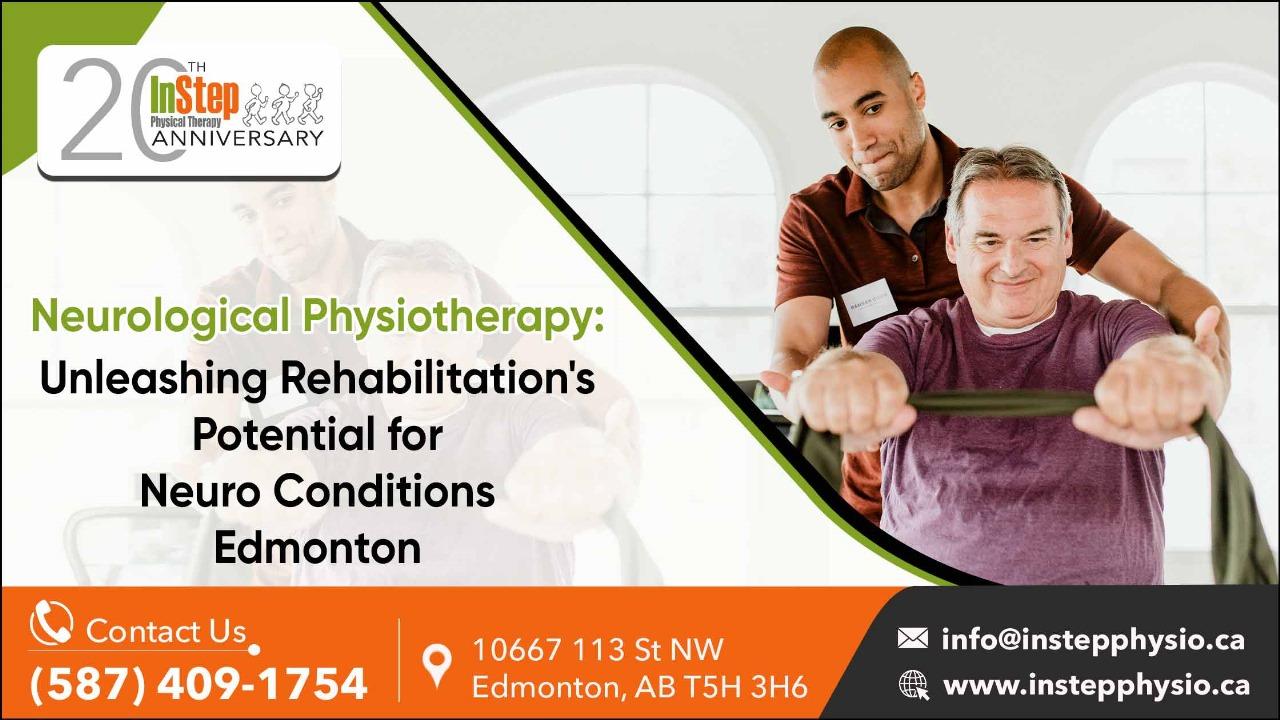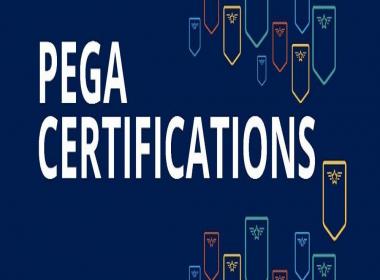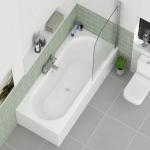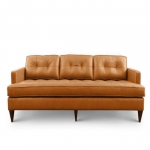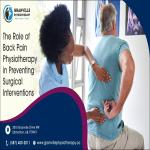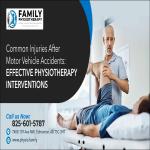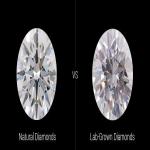The intricacy of the human nervous system has long been a subject of study and fascination. From sending signals that dictate every movement to the retention of memories that define our experiences, the nervous system is central to human function. But what happens when this system is disrupted due to injury or illness? Enter Neurological Physiotherapy Edmonton, a specialized branch of physical therapy. As residents of Edmonton are increasingly discovering, this approach offers an avenue to recover, adapt, and reclaim life after neurological challenges.
Understanding Neurological Physiotherapy
Neurological physiotherapy focuses on addressing the issues that arise from conditions affecting the central and peripheral nervous system. These conditions, ranging from strokes and traumatic brain injuries to progressive illnesses like Parkinson's disease, can drastically alter a person's ability to move and function in everyday life. At its core, neurological physiotherapy aims to improve or restore functions, minimize symptoms, and enhance a patient's quality of life.
Why Neurological Physiotherapy is Crucial for Recovery
Regaining Lost Functions: Post-injury or illness, certain neural pathways might get damaged, causing loss of function. Neurological physiotherapy helps create new pathways through repetitive actions and exercises, allowing for the return of lost abilities.
Adaptation and Relearning: Sometimes, recovery means learning new ways to accomplish tasks. With tailored exercises and techniques, neurological physiotherapists guide patients in adapting to their changed abilities.
Preventing Secondary Complications: Prolonged inactivity or incorrect movement patterns can lead to secondary complications like muscle wasting or joint stiffness. Regular therapy can mitigate these risks.
Approaches in Neurological Physiotherapy
Cognitive Rehabilitation: Many neurological conditions can impair cognitive functions like memory, attention, or problem-solving. Physiotherapy recognizes this interplay and integrates mental exercises into the treatment plans, ensuring that both the body and mind are catered to.
Emotional and Psychological Support: The journey of recovery after a neurological event can be emotionally taxing. Patients often face feelings of frustration, depression, or anxiety. Neurological physiotherapists are trained to offer not just physical support but also emotional guidance, ensuring that patients remain motivated and positive throughout the rehabilitation process.
Lifestyle Modifications: Post-treatment, many patients need guidance on how to integrate back into their daily routines safely. This might include ergonomic advice, strategies to prevent falls, or even nutritional guidance to support neural health.
Constraint-Induced Movement Therapy: For patients with hemiplegia post-stroke, this approach involves constraining the unaffected limb, forcing the affected one to take over daily tasks, thereby promoting function.
Functional Electrical Stimulation: By applying small electrical pulses to weakened muscles, physiotherapists can stimulate muscle contraction, aiding in movement and function.
Bioness offers groundbreaking neuro-rehabilitation devices tailored for individuals grappling with central nervous system disorders like stroke and multiple sclerosis. By utilizing functional electrical stimulation (FES), these devices stimulate weakened or paralyzed muscles, enhancing movement. Notable among them are the L300 Foot Drop System and the H200 Hand Rehabilitation System, which are specifically designed to boost mobility in targeted regions. The results? Improved walking speeds, better stability, and a marked enhancement in hand function, paving the way for increased independence in daily activities.
Dorsavi brings to the table wearable sensor technology that captures intricate details of movement and muscle activity in real-time. With its biomechanical algorithms, it delivers crucial data on movement patterns. This precision allows physiotherapists to craft more targeted interventions, ensuring better treatment outcomes while minimizing injury risks.
PoNS Treatment stands as a testament to innovative thinking. This non-invasive technique focuses on enhancing neuroplasticity. The device, designed to rest on the tongue, administers mild electrical stimulations, strengthening weakened neural pathways, especially when complemented with specific physical therapies. Although a newer entrant, its potential to improve balance and gait post-neurotrauma is garnering attention.
L300 Foot Drop System is a state-of-the-art medical device specifically engineered to address foot drops resulting from various neurological conditions. Utilizing the principles of functional electrical stimulation (FES), the L300 system stimulates muscles in the lower leg, aiding patients in lifting their feet during the swing phase of gait. This not only assists in achieving a more natural walking pattern but also dramatically reduces the risk of tripping and falling. The device is adaptable to various gait speeds and terrains, making it a versatile tool for both rehabilitation sessions and everyday use. Designed with cutting-edge technology and user comfort in mind, the L300 Foot Drop System has been instrumental in transforming the lives of numerous individuals, granting them improved mobility and a renewed sense of independence.
Gait and Mobility Training: Using tools like treadmills or even robotic exoskeletons, therapists can help patients regain walking ability, ensuring correct patterns and safety.
Conclusion
Neurological conditions, while challenging, are not the end of the road. With interventions like neurological physiotherapy, there is hope, recovery, and a chance for adaptation. Edmonton's commitment to providing premier care in this sector, primarily through institutions like In Step Physical Therapy Edmonton, means that residents have access to reliable rehabilitation services right at their doorstep. As science advances, so do the techniques, reaffirming that the potential of rehabilitation for neuro conditions is not just promising but is continually evolving.
Also read about:
Common Injuries After Motor Vehicle Accidents Effective Physiotherapy Interventions
The Role of Back Pain Physiotherapy in Preventing Surgical Interventions
Best Furniture For Home in Dubai
